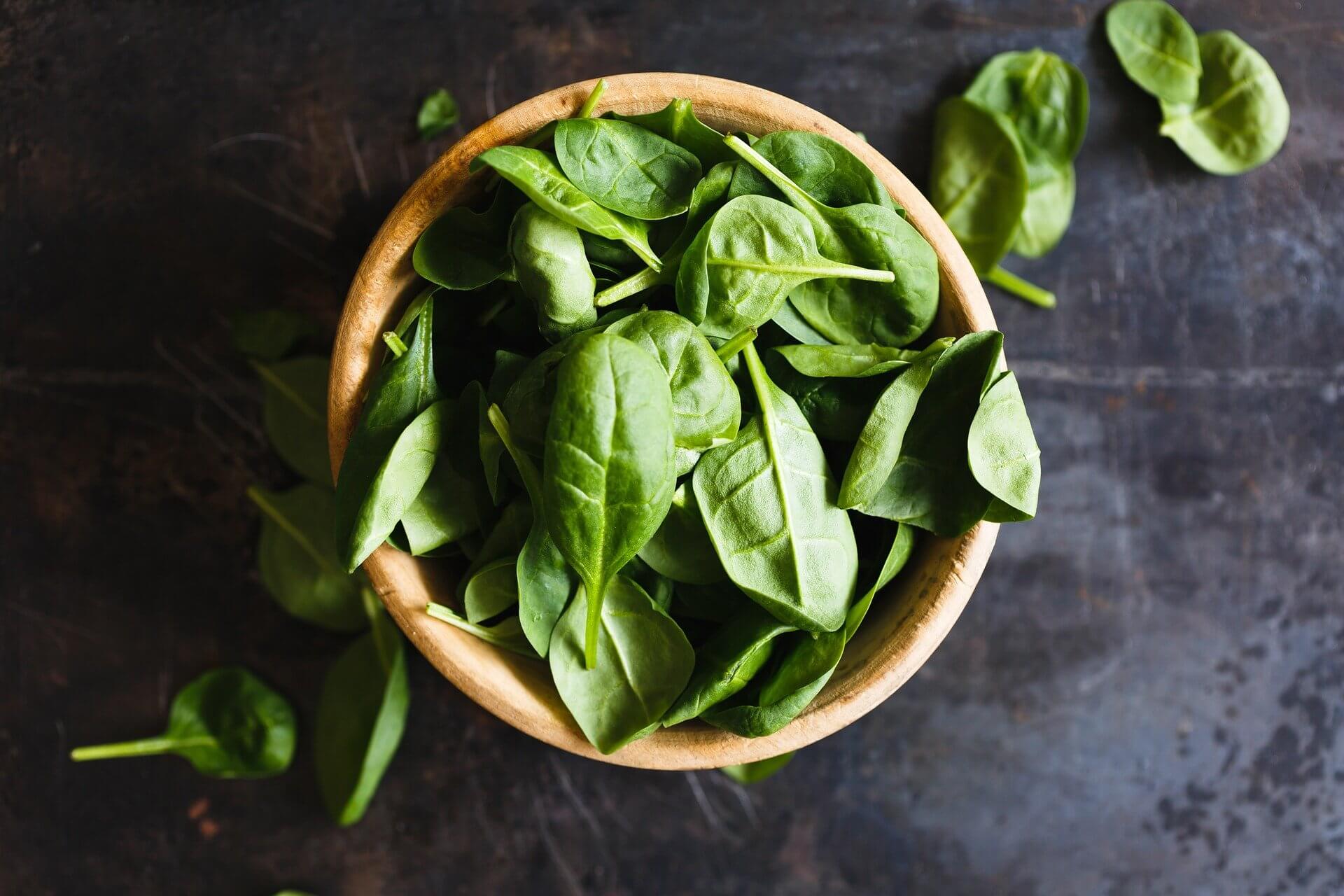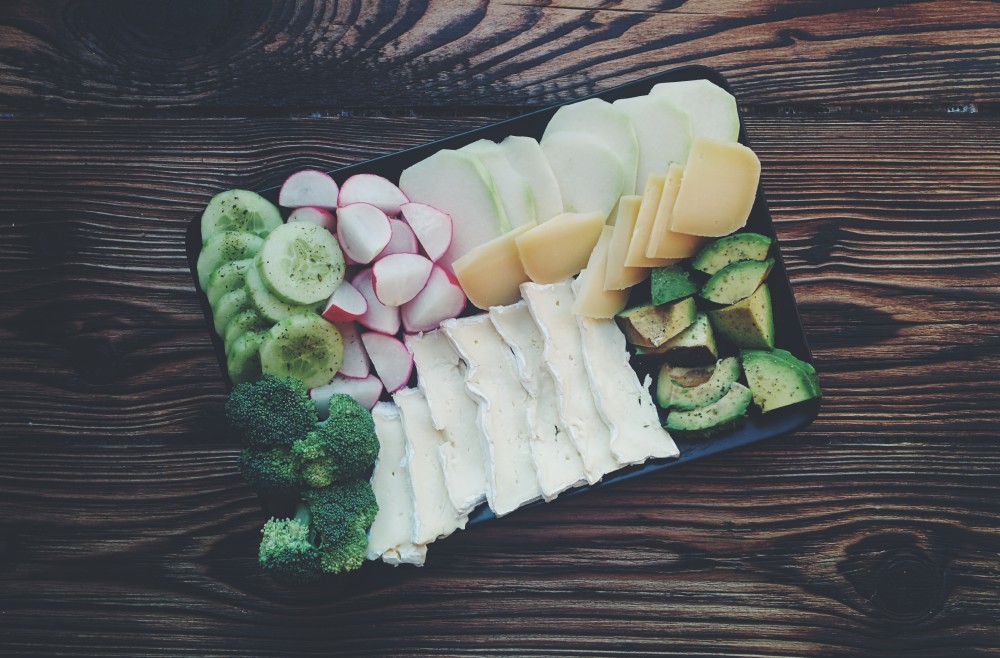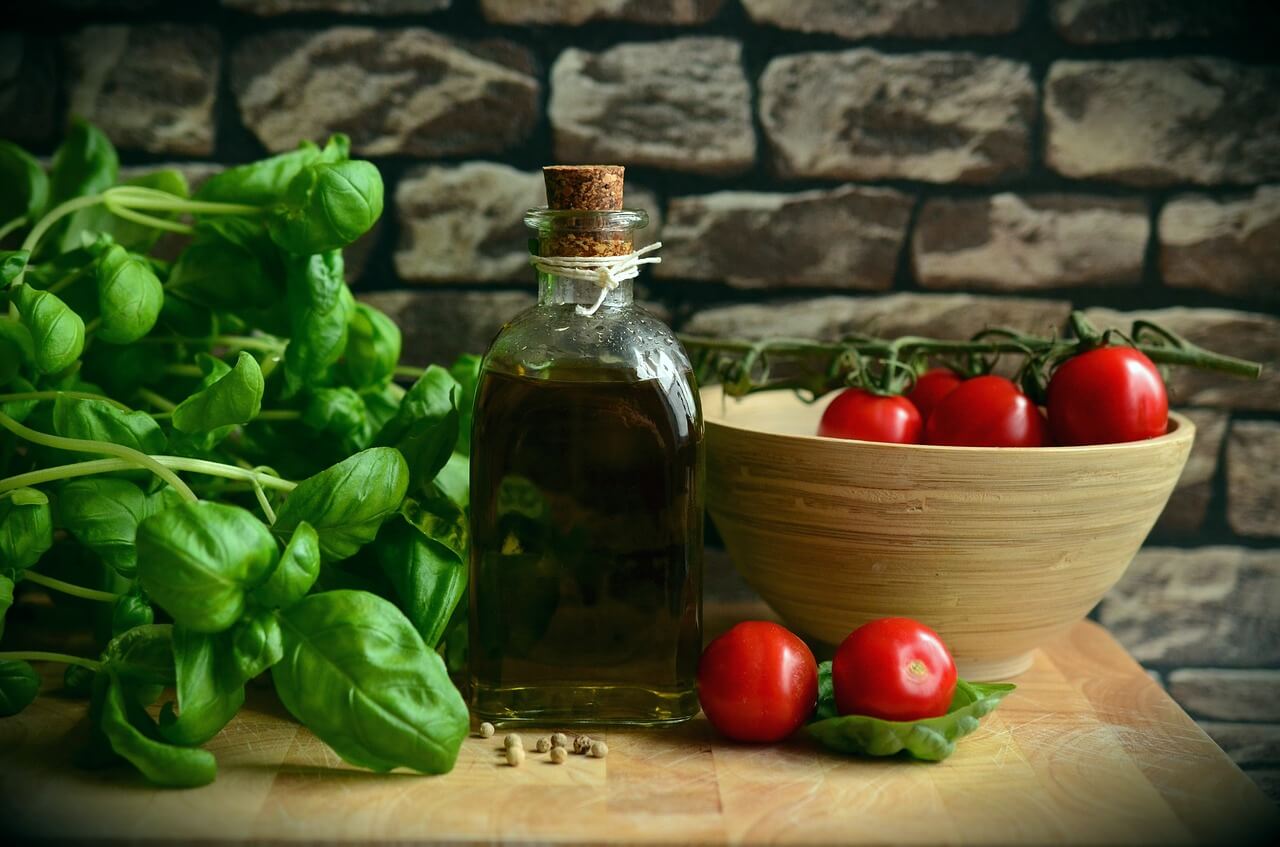We know by now that a diet rich in fruits and vegetables is essential for your health. Green vegetables have tons of vitamins and minerals that aid in different things, including optimizing your heart health. Some vegetables are more nutrient-dense than others, so here are the 10 best green vegetables for your heart. Include one or more of these into your next meal!
Artichokes
Fresh and jarred or marinated artichokes are a delicious, yet underrated vegetable. They are great to cook from whole and dip into drawn butter, or to include in a warm spinach-artichoke dip. Artichoke leaves contain some meat while the heart is the most tender part of the artichoke.
Artichoke hearts are actually great for your heart! Studies have shown artichokes to contain the nutrient rutin, which can promote cardiovascular health. It is said to aid in circulation, lower cholesterol, and prevent blood clots. The high amounts of potassium in artichokes can also help to maintain a healthy heart rhythm.
Asparagus
A highly flavored, low calorie vegetable that many people love is asparagus. They are rich in antioxidants kaempferol among others, which have been found to have anti-inflammatory and blood pressure-lowering qualities. The pigment anthocyanin gives purple asparagus that vibrant color while reducing blood pressure and the risk of heart attack or heart disease.
Asparagus is also rich in potassium which many believe is the key to lowering blood pressure. Potassium helps the heart in many ways, mainly extracting excess salt and passing it through urine and relaxing blood vessel walls. Including asparagus regularly in your diet is associated with healthy blood pressure within the normal range.
Bok Choy
Almost all leafy green vegetables are an excellent addition to your diet, and bok choy is no exception. It is a cruciferous vegetable, meaning it is great for liver and cardiovascular health. Some researchers have also observed anti-cancer properties in bok choy.
This Chinese white cabbage is delicious steamed or in a stir-fry. By mixing the vegetable with some apple cider vinegar, your body will absorb the folate and calcium easier. Vinegar also adds tons of flavor to the mild veggie.
Broccoli
Antioxidant-rich broccoli may not be popular with children, but it is an essential part of a heart healthy diet. In a study performed by Nutrition Research, participants had lower cholesterol than those who do not include broccoli in their regular diet. This also means that their risk of cardiovascular disease was significantly reduced by eating broccoli.
Broccoli is also a cruciferous vegetable, much like bok choy. Boiling or steaming the vegetable briefly may help to preserve the antioxidant status. In contrast, many claim that raw broccoli is best because of the sulforaphane released upon chewing, which is a compound that helps to detox the liver. No matter if you eat it raw or cooked, broccoli is great for your health.
Brussels Sprouts
Folate-rich brussels sprouts are another cruciferous vegetable known for its health benefits. They can help prevent damage to blood vessels and decrease the risk of blood clots. Damage to blood vessels over time can lead to stroke and other cardiovascular diseases.
Brussels sprouts are also very high in vitamins C and K. They are especially high in kaempferol, which is associated with easing inflammation and contributing to overall heart health. These little cabbages are a great snack or side dish and can be seasoned in many delicious ways.
Green Beans
These little green vegetables are a staple on most families’ dinner tables. Green beans are heart healthy because they contain no cholesterol. High cholesterol over time can lead to a buildup of fat in your arteries, which can decrease blood flow to the brain, leading to heart attack or stroke. Cooked green beans contain soluble fiber that may help to lower LDL “bad” cholesterol.
Dieticians also love green beans because they are naturally low in sodium when fresh. Too much sodium can cause your blood vessels to expand over time due to water extraction. The expansion of blood vessels can lead to many cardiovascular issues, including high blood pressure. Green beans are also readily available, making them an awesome addition to your diet.
Kale
Kale is commonly referred to as a superfood for a reason; it is one of the most nutrient-dense foods on the planet. It is another cruciferous vegetable found in many curly or smooth varieties. All kale types are very nutritious and have identical health benefits.
Kale contains very little fat by nature, and the fat it contains is mostly healthy omega-3 fatty acids. Omega-3s help to fight inflammation which over time can damage the heart. In addition to healthy fats, kale also contains a number of antioxidants, including kaempferol and quercetin. These two flavonoids are anti-inflammatory, can lower blood pressure, and have antidepressant effects.
Leeks
Onion and garlic’s favorite cousin is the modest leek. A leek has a mild onion flavor and is shaped like a circular stalk. The stalk is green while the lower half and root is white. You will commonly find leeks in soups and stews as a mild flavor enhancer. Be sure to clean between the leaves before cooking, as they can easily trap sand and dirt!
Like their garlicky cousin, leeks contain high traces of allicin. This compound can protect against metabolic syndrome. Allicin can also help protect the heart in folks with diabetes by lowering blood sugar levels. If you already have low blood sugar, eating a large amount of leeks is not recommended.
Spinach
Beta-carotene and vitamin C are found in high traces in spinach. Both of these compounds fight against oxidation of the blood vessels. The all-important folate is also found in moderate amounts, which works hard within our bodies to fight against stroke, heart disease, and cognitive decline.
Spinach is also a major anti-inflammatory vegetable. Inflammation in the body has many causes such as poor diet, medications, and environmental factors. Having inflammation for prolonged periods is associated with poor physical health. Thanks to compound luetin, which is a fat-soluble substance, a Swedish study found that a diet rich in lutetin was associated with significantly lower inflammation.
Swiss Chard
Dark, leafy greens are some of the healthiest foods ever, including colorful swiss chard. Closely related to both beets and spinach, chard is often stewed for long periods of time to soften the coarse leaves and stems. It is renowned for its ability to grow in poor soil and low light, as it is grown worldwide, originating in the Mediterranean.
Swiss chard is rich in antioxidants, packed with fiber, and has high amounts of vitamin K. Vitamin K is responsible for necessary blood clotting, like stopping a papercut from bleeding. Studies have suggested that integrating 1.5 servings of leafy greens such as swiss chard into your diet per day can lead to a 17% decrease in developing heart disease.
Conclusion
Don’t skip on your vegetables! Green vegetables have a plethora of health benefits, many of them pertaining to your heart health. If nothing else, including a few servings of leafy greens into your daily meal plan can reduce your risk of developing cardiovascular issues. Be sure to try all of these veggies at some point and research the best recipes so that you include them in your diet. We can all benefit from a few more veggies in our diets, so include 1 of these 10 vegetables into your next meal!




